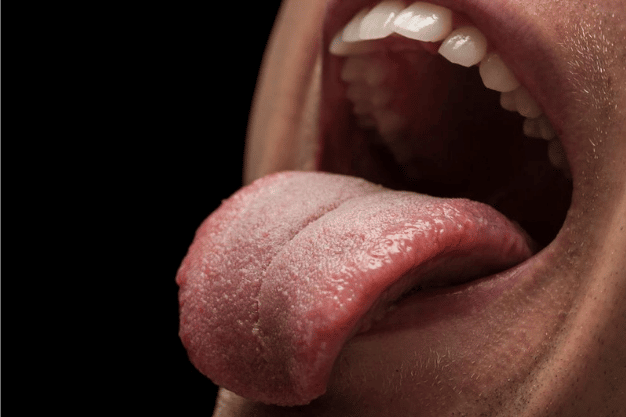Denture Related Xerostomia are common these days. Adequate saliva levels are vital and needed for denture wearers to maintain their oral hygiene. To establish suction between the acrylic of the denture base and the ridge of the gum tissue on which the denture rests, saliva must be present at all times.
What Is Xerostomia?
Saliva also serves as a lubricant, helping to avoid irritation and abrasion of the gum tissue when it comes into touch with the denture’s metal components. On the other hand, for denture wearers, dry mouth (Xerostomia) may result in loose dentures, irritations, ulcers, and the possibility of infection.
Medicines generally are one of the most common causes of Xerostomia. It is estimated that over 500 regularly prescribed drugs might produce dry mouth as a negative side effect. Blood pressure medications, decongestants, and antidepressants are examples of such medications.
Infections: Systemic illnesses such as Sjogren’s Syndrome, chronic diarrhea, salivary gland tumors, and liver failure may all cause a decrease in the quantity of saliva produced.
Regularly breathing through one’s mouth and poor fluid intake, which results in dehydration, may both lead to dry mouth and contribute to other symptoms.
Radiation Therapy: Reduced salivary gland function is a common adverse effect of various radiation therapies used to treat malignancies
A person’s salivary glands are likely to generate less saliva as they get older, resulting in a dry mouth.
Taking Care of Your Dry Mouth
Those who take a certain kind of medicine and have a dry mouth may talk with their dentists to determine if there is a suitable alternative medication that does not cause dry mouth side effects to be prescribed. There should be no discontinuation of medicine without first consulting the doctor who provided the prescription.
Some compounds, such as sugar-free hard candies and mouthwashes, are known to increase saliva production in the mouth. Alternatively, there are commercial salivary replacements available that might help to keep the mouth wet and lubricated. Often, just washing with water regularly and ingesting increasing quantities of water will be sufficient to hydrate the oral tissues and, in some instances, will promote increased saliva production. However, some medical issues may prevent the absorption of large amounts of liquids, in which case lubricants might be a fantastic alternative.
Patients who cannot wear dentures comfortably due to severe dry mouth issues may benefit from placing highly tiny implants to hold and cushion their dentures while they are wearing them.
Visit Floss Dental Pearland in Texas for the best complete dentures and partial denture treatment.
